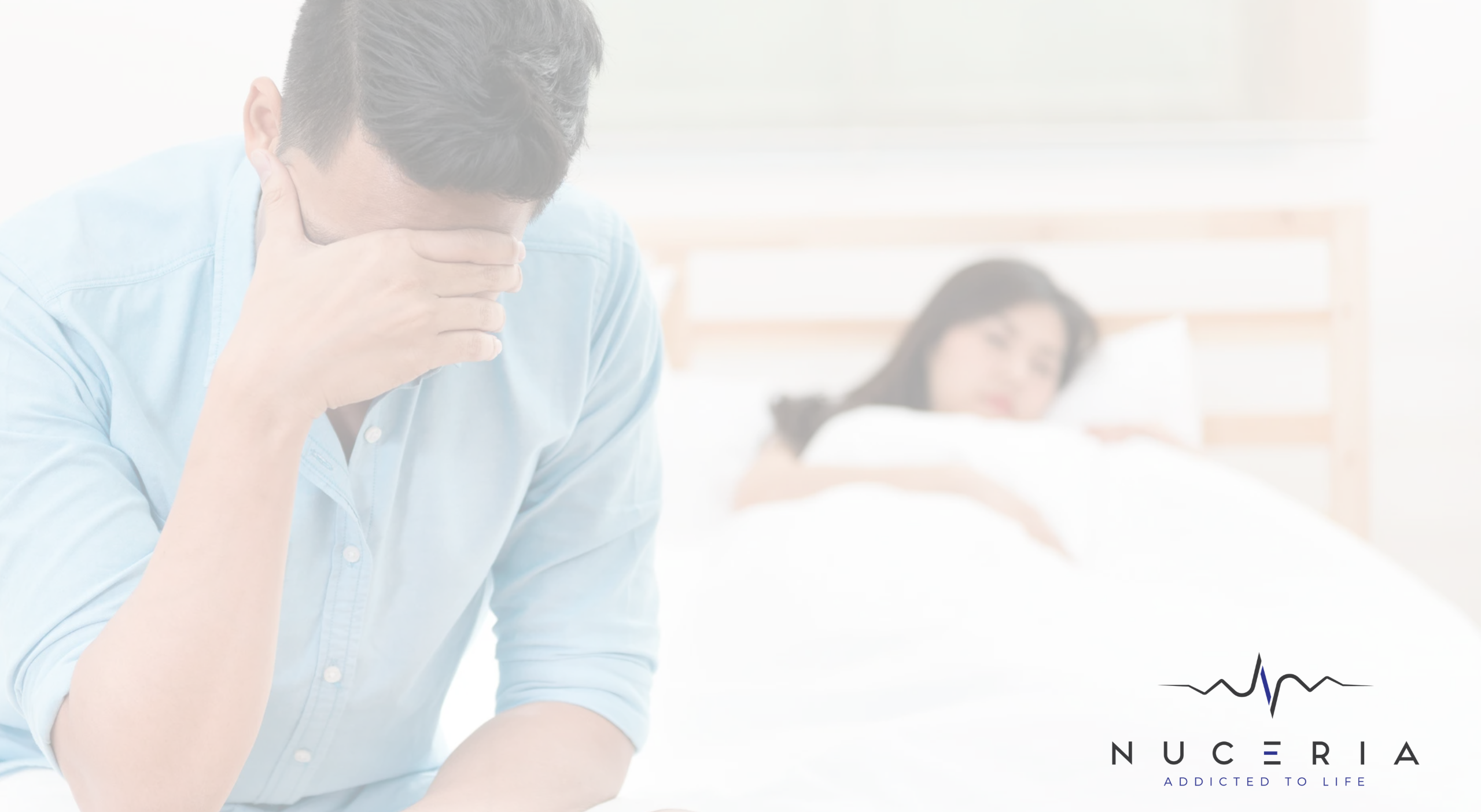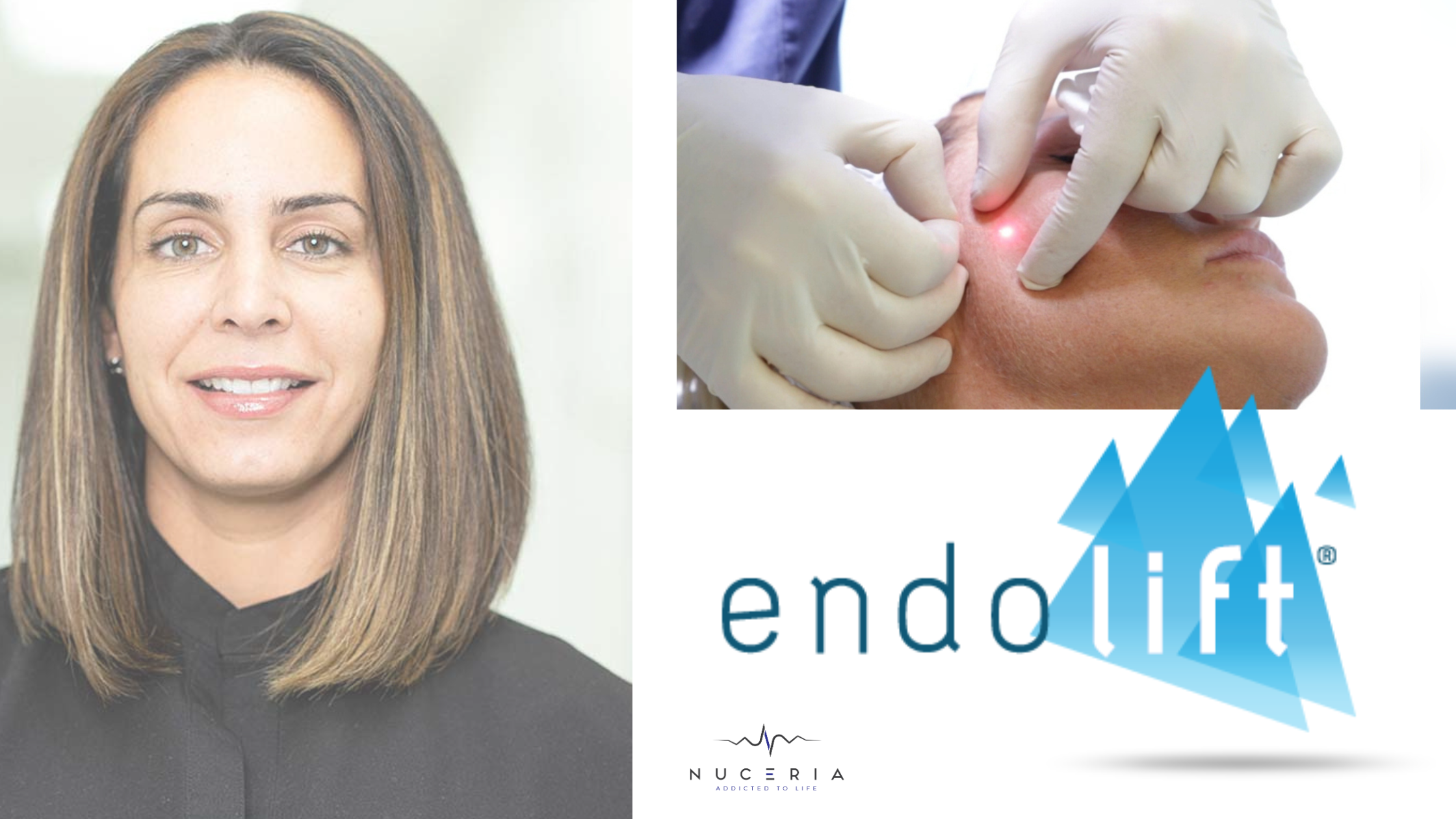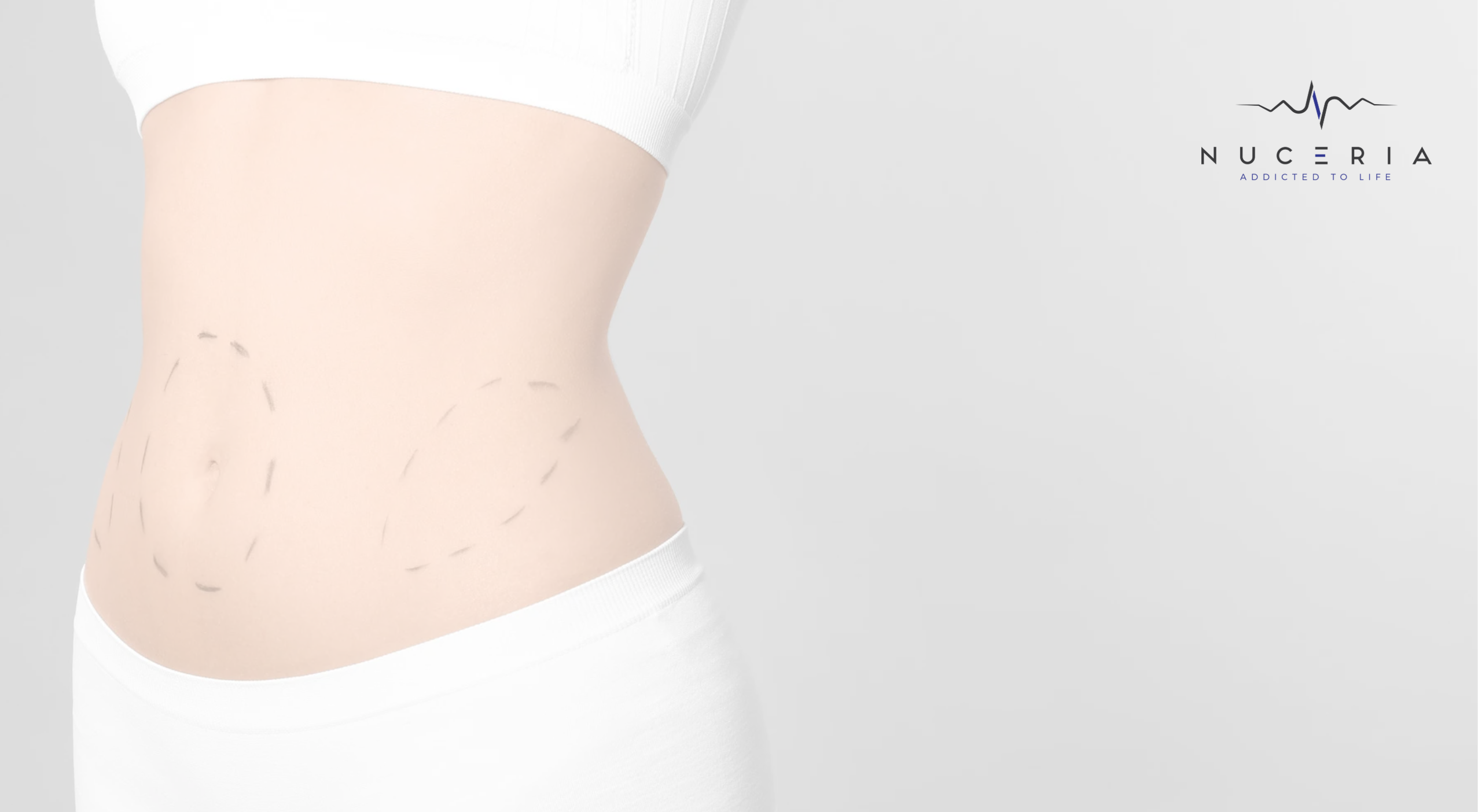Early Signs of Low Testosterone: Andropause Symptoms
As men age, their testosterone levels gradually decline, leading to a condition known as andropause. Recognizing the early signs of low testosterone can help men take timely action to maintain their health and well-being. Here are some key symptoms to watch for:
Fatigue and Low Energy
You may feel persistently tired and experience a significant drop in energy levels, even after adequate rest.
Mood Changes
You might notice increased irritability, depression, and anxiety. Unexplained mood swings and a general feeling of sadness can also be indicators.
Decreased Libido
A noticeable reduction in sexual desire and performance can signal low testosterone levels.
Erectile Dysfunction
Difficulty achieving or maintaining an erection is a common symptom of low testosterone.
Loss of Muscle Mass and Strength
You may experience reduced muscle mass and strength, making physical activities more challenging.
Increased Body Fat
Increased body fat, particularly around the abdomen, can indicate declining testosterone.
Bone Density Reduction
Low testosterone levels lead to weaker bones and an increased risk of fractures and osteoporosis.
Cognitive Changes
You might struggle with concentration, memory, and cognitive function, affecting daily tasks and work performance.
Implications of Untreated Low Testosterone
Ignoring the early signs of low testosterone can have long-term health consequences. Untreated andropause can lead to:
- Cardiovascular Issues: Increased risk of heart disease and stroke.
- Metabolic Disorders: Higher chances of developing diabetes and obesity.
- Psychological Impact: Ongoing mood disorders and reduced quality of life.
- Decreased Bone Health: Higher likelihood of fractures and osteoporosis.
Seeking Medical Advice
If you suspect you have low testosterone, it's essential to consult a healthcare professional. A simple blood test can determine your testosterone levels. Early diagnosis and treatment, including lifestyle changes, hormone replacement therapy, or other interventions, can significantly improve symptoms and overall health.
Conclusion
Recognizing the early signs of low testosterone is vital for effectively addressing the symptoms of andropause. By understanding andropause and its implications, men can take proactive steps to maintain their health and well-being as they age.
FAQs
Q: How can I know if I have low testosterone?
A: A simple blood test a healthcare professional performs can determine your testosterone levels.
Q: What are the long-term effects of untreated low testosterone?
A: Untreated low testosterone can lead to cardiovascular issues, metabolic disorders, psychological impact, and decreased bone health.
Q: What treatments are available for low testosterone?
A: Treatment options include lifestyle changes, hormone replacement therapy, and other medical interventions, as a healthcare professional advises.
Q: At what age do men typically start experiencing low testosterone?
A: Testosterone levels typically begin to decline in men in their late 30s to early 40s, but significant symptoms often appear between the ages of 40 and 60.
Q: Can low testosterone levels affect mental health?
A: Yes, low testosterone can lead to mood swings, depression, anxiety, and difficulties with concentration and memory.
Q: Is weight gain related to low testosterone?
A: Yes, due to changes in metabolism, men with low testosterone may experience increased body fat, especially around the abdomen.
Q: Can low testosterone levels affect sleep?
A: Yes, low testosterone can contribute to sleep disturbances, including insomnia and decreased quality of sleep.
Q: Is low testosterone the same as erectile dysfunction (ED)?
A: No, while low testosterone can contribute to ED, they are separate conditions. ED can have multiple causes, including cardiovascular issues, diabetes, and psychological factors.
Request an appointment here: https://mynuceria.com or call Nuceria Health at (305) 398-4370 for an appointment in our Miami office.
Check out what others are saying about our services on Yelp: Wellness Center in Miami, FL.







